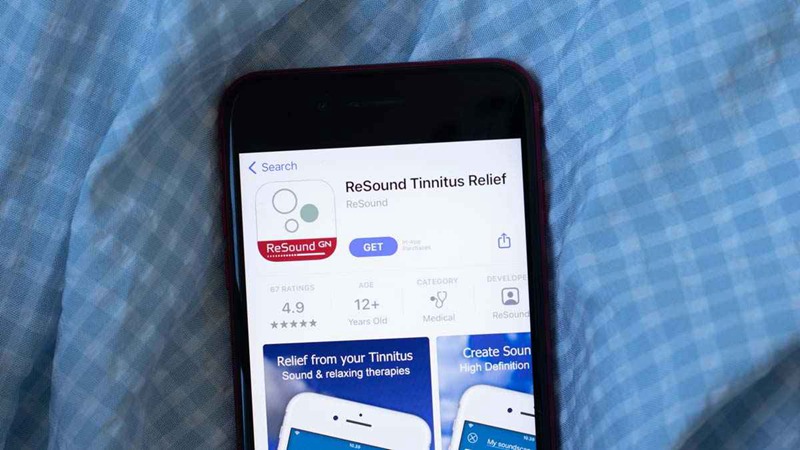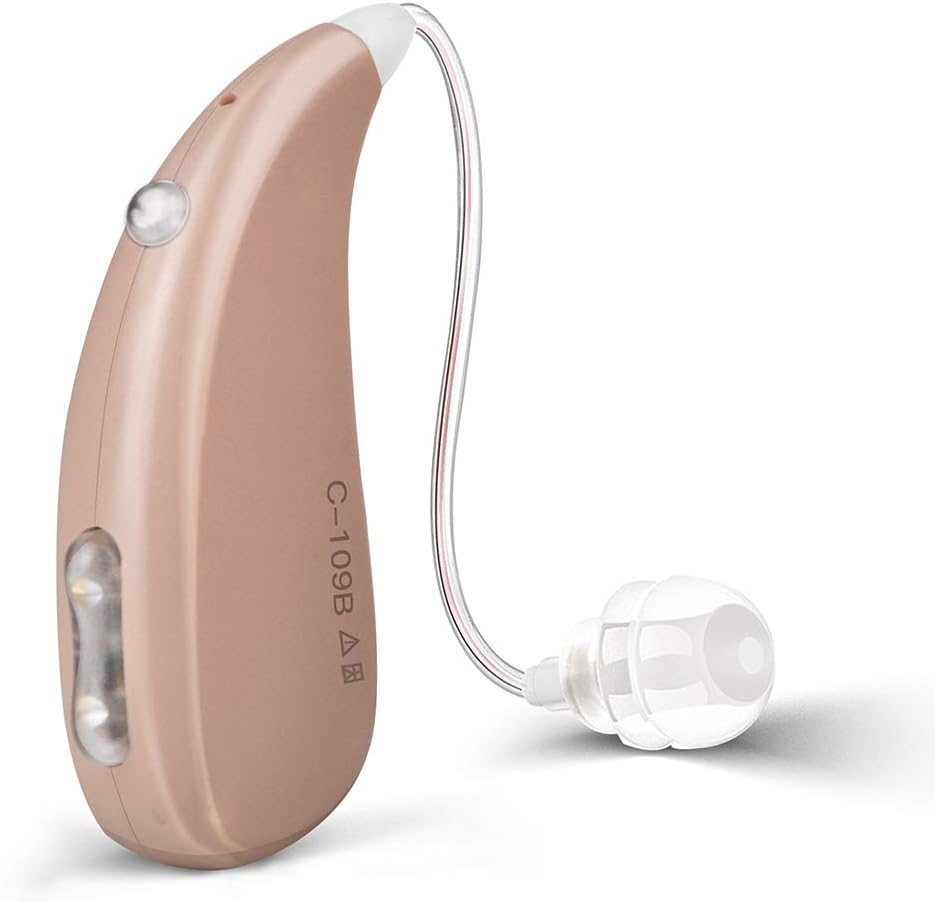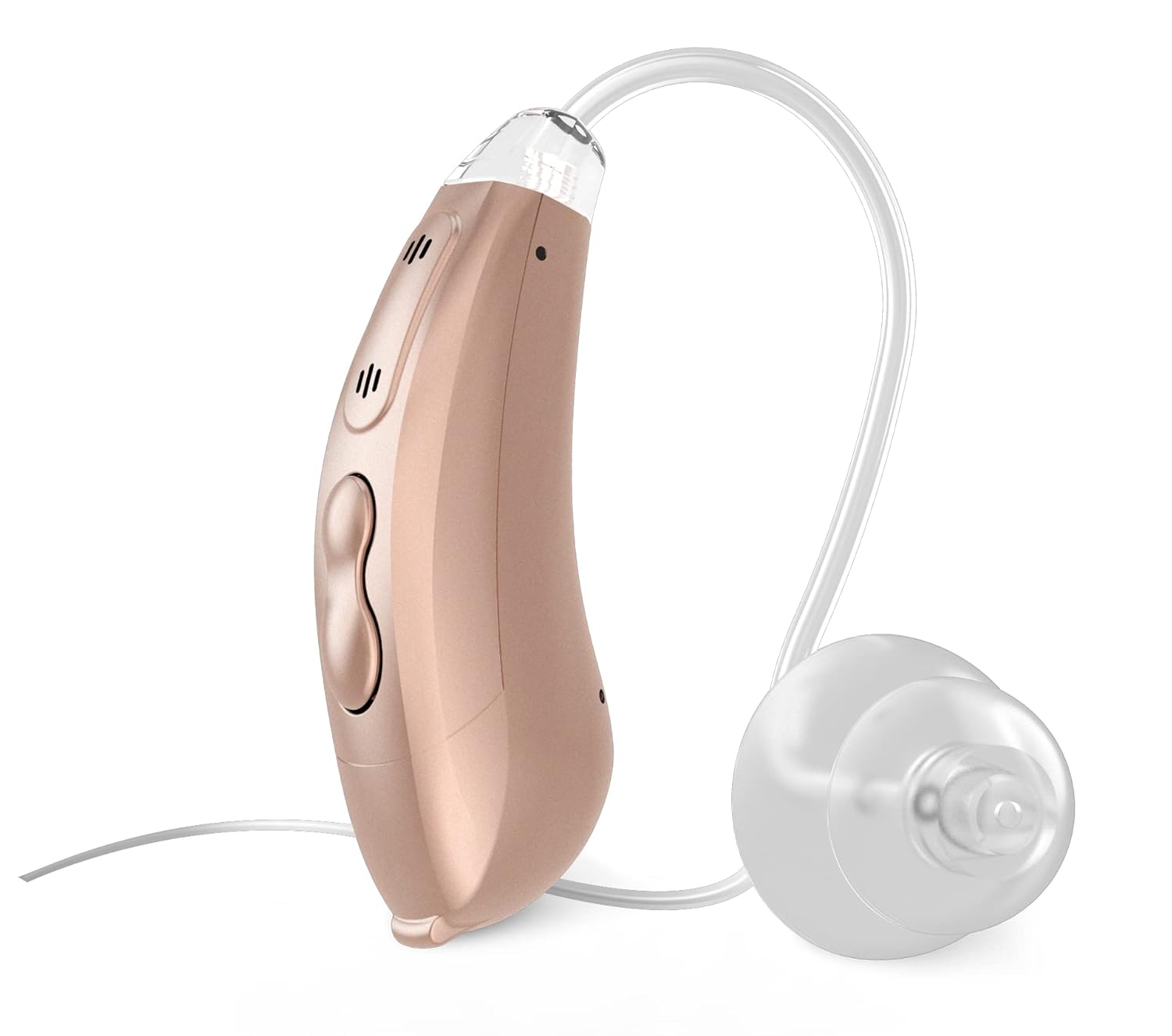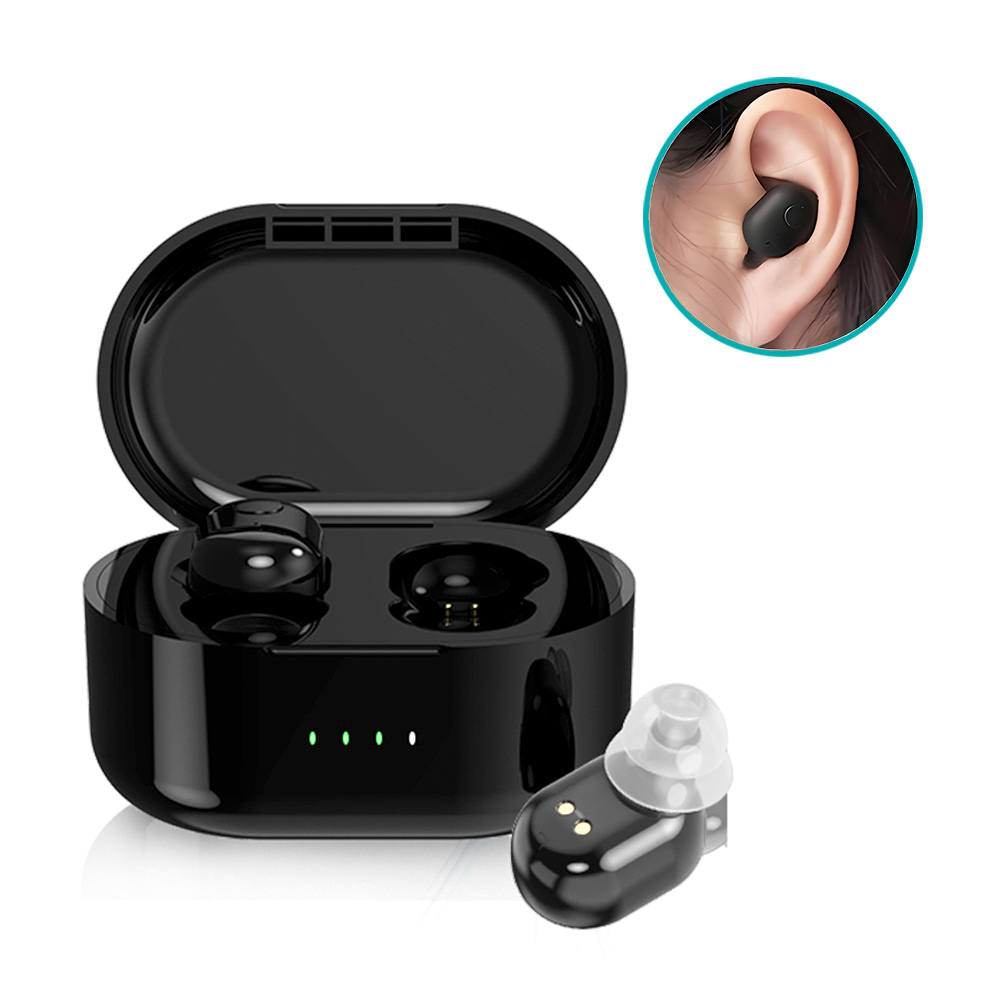This article discusses effective strategies to manage and alleviate bothersome tinnitus, often referred to as "ringing in the ears." While there is no definitive cure for tinnitus, several therapies have proven beneficial in reducing its perceived intensity and associated distress. These include hearing aids, which can address underlying hearing loss and diminish tinnitus perception; counseling programs that educate patients about tinnitus causes and teach coping strategies such as cognitive behavioral therapy (CBT), mindfulness-based stress reduction, and relaxation techniques; sound generators or soothing sounds that help mask the noise; lifestyle changes like diet, exercise, and stress management; neuromodulation therapies like the Lenire system, which combines sound with tongue stimulation; and physical treatments for rare cases caused by TMJ dysfunction or other issues. The article emphasizes the importance of consulting an audiologist or medical professional to identify underlyin

Rather than “treating” tinnitus,1 commonly known as "ringing in the ears,” the goal is to help a patient manage their tinnitus. If you are experiencing bothersome tinnitus, we strongly recommend consulting an audiologist specializing in tinnitus care and seeking guidance from a medical doctor.
After the underlying causes of chronic tinnitus have been identified, several therapies have been found efficacious in reducing or eliminating the perceived tinnitus and its associated distress. These include:
- Hearing Aids. Many patients who report experiencing tinnitus have underlying hearing loss, and hearing aids are easily one of the most effective ways to reduce the perception of tinnitus. If the hearing loss is treated effectively with hearing instruments, the tinnitus is also usually reduced. (Also see HearingTracker's "Best Hearing Aids for Tinnitus” page.)
- Counseling. Counseling programs can educate patients on what causes the brain to create tinnitus sounds, and can help patients learn coping strategies, including changing the way one thinks about tinnitus and relaxation techniques.
- Sound Generators. Many patients find soothing sounds, such as wind, water, or birds, to be relaxing and help diminish the sound of the tinnitus they perceive. There are tabletop sound generators and pillows, as well as smartphone apps. Many modern hearing aids include settings that are essentially sound generators. These generators have been shown to help mask or minimize the perceived sound of tinnitus.1
- General Wellness. Patients with tinnitus may find that changes in diet, exercise, and relaxation affect their perception of tinnitus.
- Behavioral Therapy. Several types of therapy have been found to be beneficial for patients experiencing severe tinnitus. These include cognitive behavioral therapy (CBT), mindfulness-based stress reduction, tinnitus activities treatment, and progressive tinnitus management.2
- Neuromodulation. Some people with bothersome tinnitus have found relief with the Lenire system and bimodal neuromodulation, where sound is played in your ears while gentle pulses are delivered via a tongue stimulator.
- TMJ and other Physical Treatments. In more rare cases, tinnitus is caused by physical dysfunction in the temporomandibular joint, obstructions in the ear canal, or head and neck injuries. Treatment of these underlying physical symptoms can bring relief from tinnitus symptoms. This underscores the importance of seeking advice from an audiologist or medical professional.3
References
- National Institute on Deafness and Other Communication Disorders (NIDCD). Tinnitus. Available at: https://www.nidcd.nih.gov/health/tinnitus
- American Tinnitus Assn. Therapy and Treatment Options. Available at: https://www.ata.org/about-tinnitus/therapy-and-treatment-options
- American Tinnitus Assn. TMJ Treatments. Available at: https://www.ata.org/about-tinnitus/therapy-and-treatment-options/tmj-treatments







